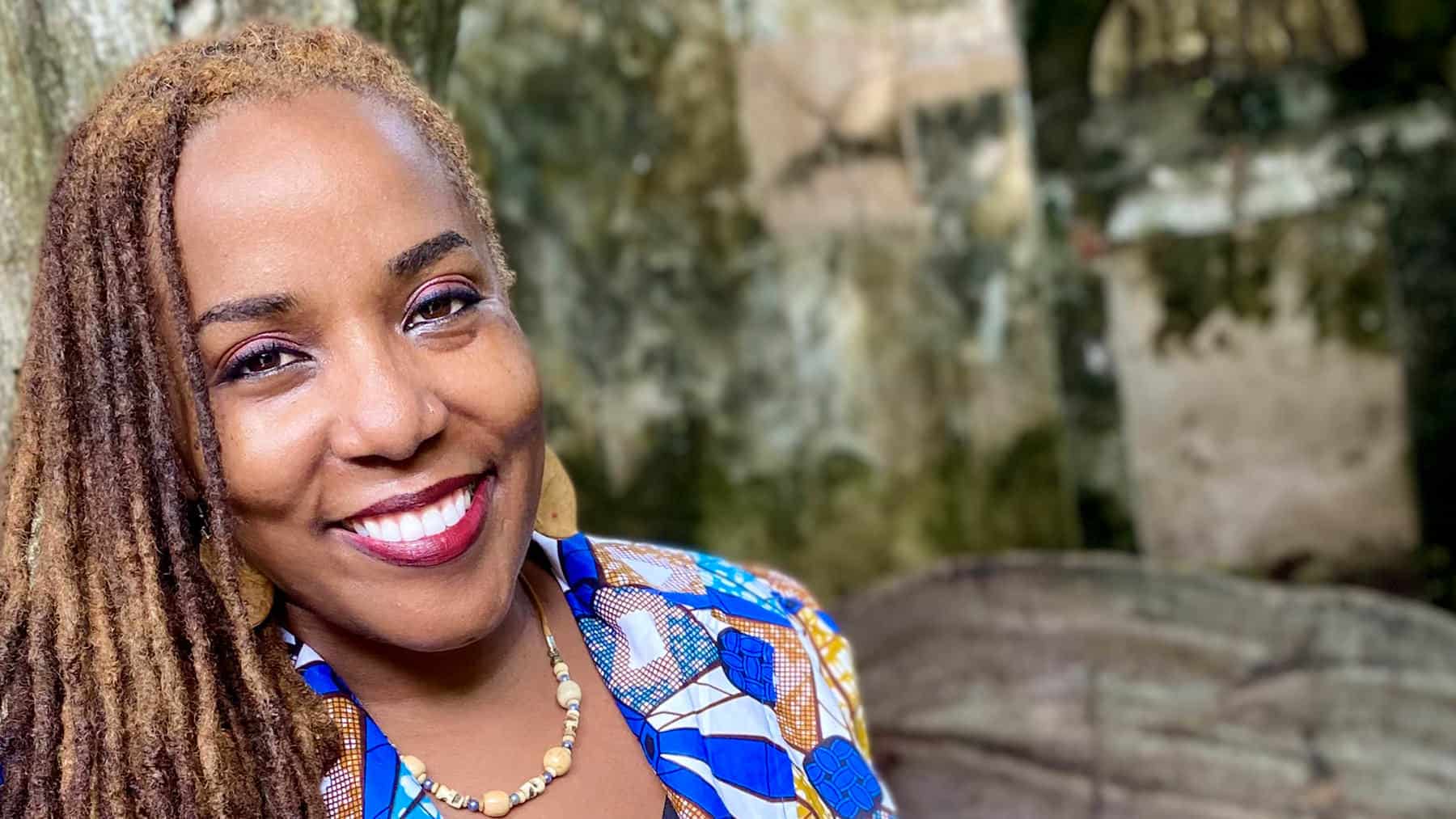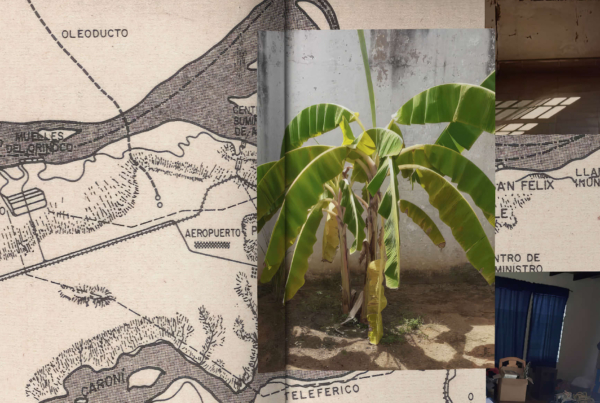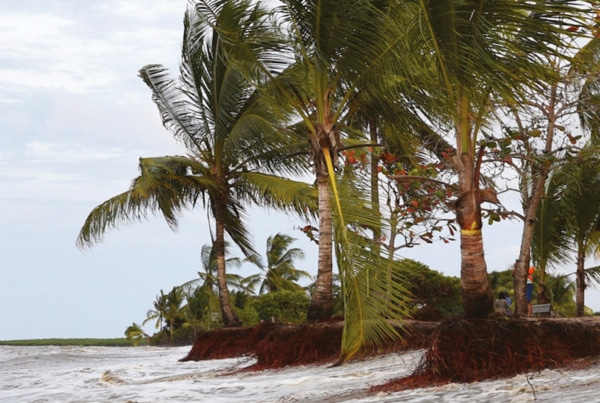
As part of the FEMPOCO seminar, Gladys M. Francis, University Professor at Howard University, will give a lecture entitled: "Le famnénisme de Fabienne Kanor: Tisser racines et goumer ensemble", on Monday 10 October 2022 from 6pm to 8pm in Amphi E.
This enclosed space (where the brutality of geographical dislocation impacts on the psychological, emotional and social) also embodies a Creole, feminist and transformative cartography that Kanor theorises under the term fanmenism. A number of novels, film extracts and performances will be presented to capture Fabienne Kanor's black feminism caught between forgetting and remembering, captivity and deportation, power and powerlessness, order and disorder. This repertoire will highlight Kanor's commitment to mobilising our bodies and reconnecting us to the diversity of experience. fanmaker. It's about discovering individual resistance and the goumé ansanm that can emanate from trauma. It is through this resistance that Kanor's female characters and/or subjects attempt to create their own intimate and private spaces, which at the same time reveal their sexual subjectivities and forbidden desires.
About the speaker
Gladys M. Francis is Dean and University Professor at Howard University (Washington DC, USA) where she directs the Office of Academic and Student Affairs in the College of Arts and Sciences (COAS) and is also responsible for the development of innovative and international study programmes for all COAS academic departments. She specialises in African, francophone, cultural and theoretical studies. Her recent interdisciplinary work focuses on the aesthetics of representations of the suffering body in literature and the visual arts. She explores issues of social justice, resistance, trauma, identity construction, gender and sexuality. Dr. Francis is invited throughout the world as a consultant and researcher on issues of identity formation and social justice related to gender, ethnicity and class, among others. She has two Research Chairs in the Humanities, over five million dollars raised for educational and cultural missions, various national and international scholarships, and three awards for teaching excellence. In 2019, she received the Faculty of Arts and Sciences Award for Excellence in Diversity, Equity and Inclusion. Dr. Gladys M. Francis has more than forty articles in her areas of specialization, as well as four books Love, sex, gender and trauma in the French-speaking Caribbean (2016), Odious Caribbean Women: The Palpable Aesthetics of Transgression (2017), Epic Creole: Stories of transgression (2022), and Fabienne Kanor in Transgression (2022).




